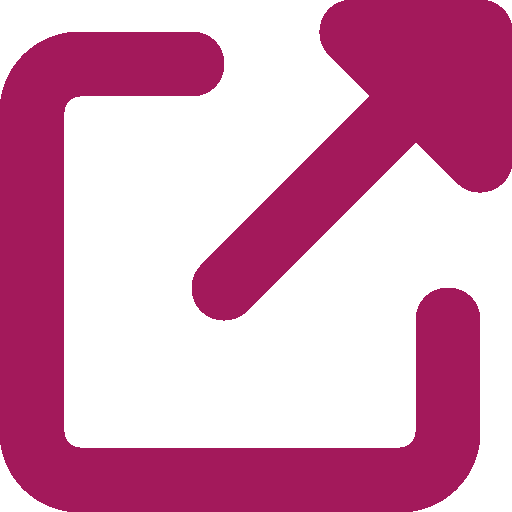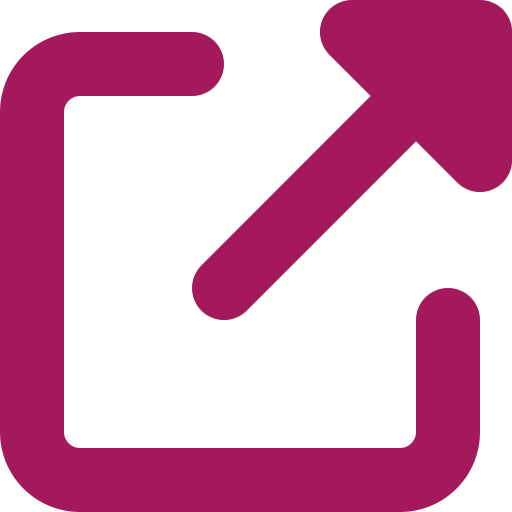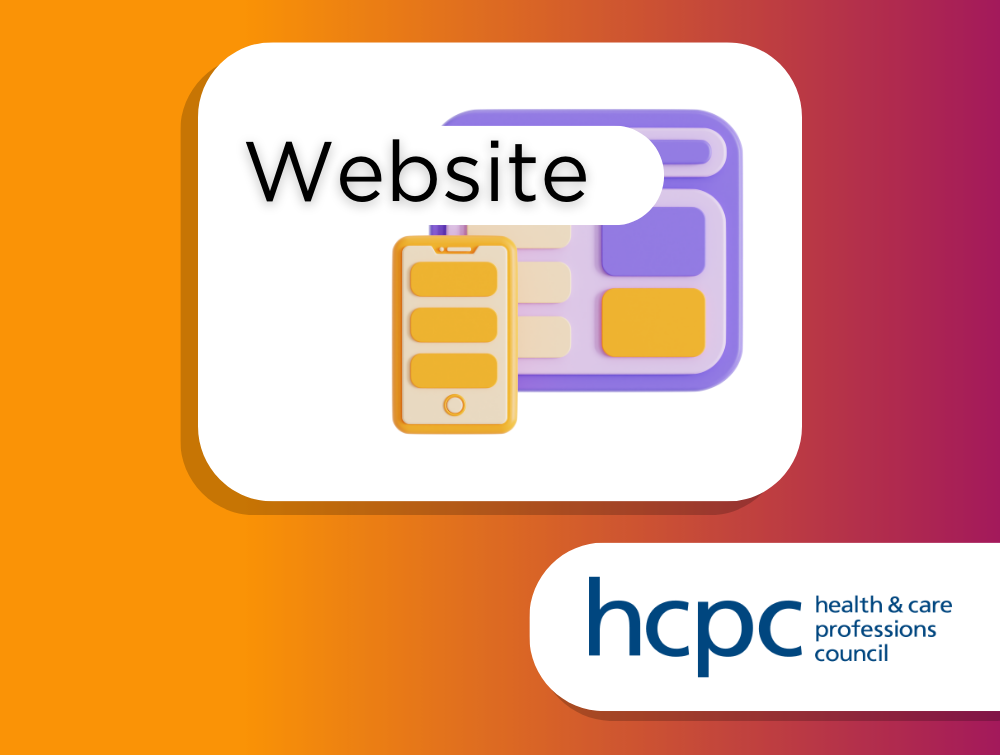While there is no single definition of supervision across all roles, professions, workplaces or organisations in health and social care, there are perhaps some common characteristics of supervision:
- a reflective component
- with support from a skilled facilitator
- a focus on clinical practice
- and professional development
- that results in improving people's treatment and care [1]Clinical Supervision Toolkit

There are different types of supervision, with different professions sometimes using different terminology, yet "communication between practitioners should focus on confirming the purpose, or function, of the supervision, rather than what it is called" [2]Practice Supervision Guideline for the Dietetic Workforce (PDF, 581 KB) ![]() .
.
Types of supervision grouped by function

- Professional supervision - supervision by someone with the same profession, this is largely focused on identifying professional learning and development needs and CPD [3]What is supervision?
 . It is formative and especially important for those working in generic roles.
. It is formative and especially important for those working in generic roles. - Educational supervision - supervision for those in training in a particular psychological therapy.

- Managerial supervision - broadly this refers to operational supervision lead by a line manager, monitoring and assisting the member of the health and social care workforce in maintaining norms or practice.
- Safeguarding supervision - this is a framework for examining and reflecting on a case from different perspectives and also facilitates the analysis of the risk (vulnerability and adversity) and protective (resilience) factors involved [4]Clinical Supervision Framework for Health and Care Professionals and Healthcare Support Workers
 .
. - Delegation - when supervising a more junior member of staff actions and interventions are often delegated.

- Practice, Case or Clinical supervision - this aims to support learning and develop competency related to a specific clinical task [5]What is supervision?
 . As a reflective process lead by the supervisee, in the Supervision Hub it is explored under the broader function of restoring.
. As a reflective process lead by the supervisee, in the Supervision Hub it is explored under the broader function of restoring. - Reflective or Restorative supervision - is designed to support the needs of practitioners working with clinically complex caseloads or in roles which are emotionally demanding and require difficult decision making [6]Practice Supervision Guideline for the Dietetic Workforce (PDF, 581 KB)
 .
.

- Coaching - a type of support that focuses on the development of a specific skill/skill set or understanding.
- Mentoring - a developmental process that focuses on work-based professional issues and career development, especially during a transition.
- Preceptorship - a preceptorship is a period of structured guidance and support through any transition such as from student to autonomous professional, moving clinical area or department, or changing role.
Further Resources
About the Supervision Hub
The Supervision Hub was designed to nurture and support the health and social care workforce in the NHS, local authority or the third sector in providing or receiving supervision. Supervision benefits the whole workforce and by extension improves health and social care services for everyone using health and social care in Wales. As with the National Retention Hub ![]() , our aim is to help the workforce to Belong, Thrive, and Stay.
, our aim is to help the workforce to Belong, Thrive, and Stay.
For practitioners employed within services providing regulated activities, such as NHS organisations or private organisations delivering NHS care (for example GP practices and primary care networks), the employer has a responsibility to ensure that there are structures in place to allow the opportunity for staff to access supervision. It is outlined in the Health and Social Care Act (England & Wales), Regulation 18: Staffing which states "staff must receive the support, training, professional development, supervision and appraisals that are necessary for them to carry out their role and responsibilities" [7]Regulation 18: Staffing ![]() .
.
There are many models of and approaches to supervision yet rather than standardise it our aim is to emphasise the similarities in minimum standards, link to policies and guidelines, and provide good quality resources and information.
The Supervision Hub is inspired by the advocating for education and quality improvement (A-EQUIP) model [8]Professional nurse advocate A-EQUIP model: a model of clinical supervision for nurses ![]() , that has been used to develop the Professional Nurse Advocate (PNA) program but is relevant to all professions in the wider health and social care workforce. The A-EQUIP model builds on Brigid Proctor’s three systems / functional interactive clinical supervision model [9]Training for the supervision alliance
, that has been used to develop the Professional Nurse Advocate (PNA) program but is relevant to all professions in the wider health and social care workforce. The A-EQUIP model builds on Brigid Proctor’s three systems / functional interactive clinical supervision model [9]Training for the supervision alliance ![]() , that is commonly used in health and social care services:
, that is commonly used in health and social care services:
- formative – educational aspects: developing knowledge and skills in professional development and self-reflection
- normative – managerial aspects concerning practice, learning and core mandatory training
- restorative – supportive aspects, including personal development, improving stress management and mitigating burnout
A-EQUIP adds a fourth function – personal action and quality improvement for patients, staff and services.
By utilising the A-EQUIP model we are extending it to the wider health and social care workforce who might not be able to train as a Professional Advocate and are supporting "a continuous improvement process that builds personal and professional resilience, enhances quality of care and supports preparedness for appraisal and professional revalidation [10]A-EQUIP midwifery supervision model ![]() .
.
The Supervision Hub also developed from action 11 of the NHS Wales Strategic Mental Health Workforce Plan: "use best practice and evidence to establish standards for supervision across the wider mental health team [11]Strategic mental health workforce plan ![]() ", however rather than just standards to limit us, it aims to provide a framework that helps to nurture and nourish the health and social care workforce, growing out of the fertile soil of compassionate leadership and the four behaviours of compassion - attending, understanding, empathising and helping [12]Compassionate Behaviours Compass
", however rather than just standards to limit us, it aims to provide a framework that helps to nurture and nourish the health and social care workforce, growing out of the fertile soil of compassionate leadership and the four behaviours of compassion - attending, understanding, empathising and helping [12]Compassionate Behaviours Compass ![]() .
.
Making use of supervision is a generic skill that is pertinent to all practitioners at all levels of seniority because clinical work is demanding and usually requires complex decision-making.
Should you require any further information, please contact HEIW.MentalHealthWorkforcePlan@wales.nhs.uk  .
.
Please provide feedback  about the Supervision Hub.
about the Supervision Hub.
Webpage last updated on: 31st March 2025




